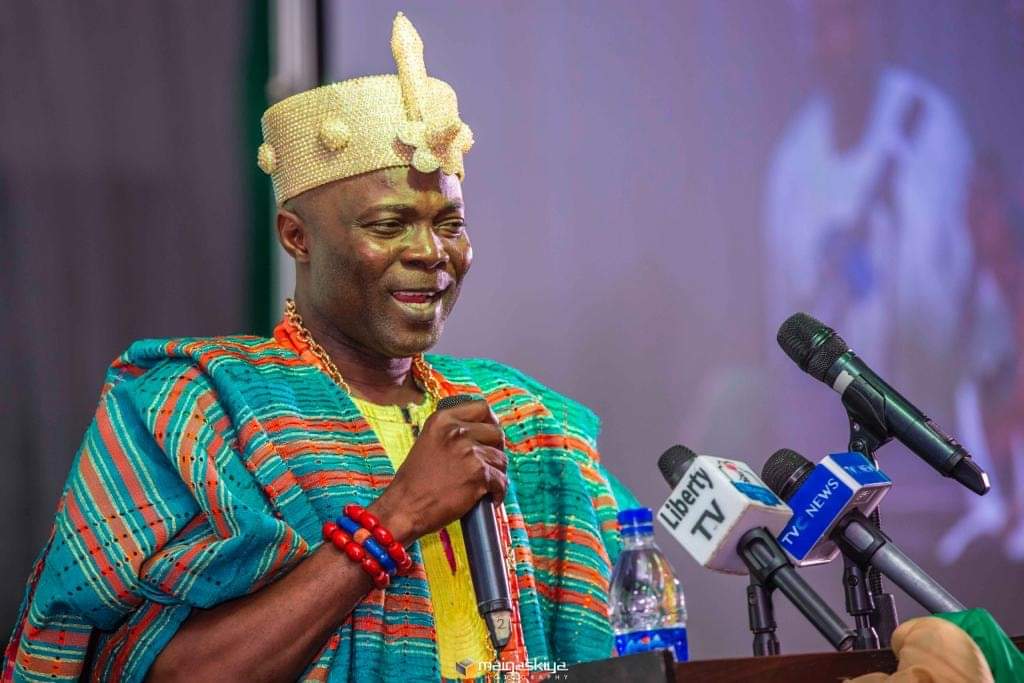News
Why Many Traditional Rulers In Yorubaland Are Misbehaving- Monarch

The Olowu of Kuta in the Aiyedire Local Government area of Osun State, Oba Hameed Adekunle Oyelude on Friday, warned that unless traditional rulers embrace core traditional values and culture, they would continue to remain stooges to politicians.
Oba Oyelude noted that the quest for foreign culture and loss of tradition is making traditional rulers in Yoruba land lose their relevance.
The monarch who spoke in his Palace, said most traditional rulers in the region have abandoned their major duty which is preserving traditions and culture.
He bemoaned the reduction in the days of seclusion for new traditional rulers, cautioning kingmakers and traditionalists in the region to as a matter of urgency, revert to the tradition which stipulates a period of seclusion for any Oba-elect to between three months to four months.
According to him, the long period of seclusion allowed a monarch to go through proper training both physical and spiritual on being custodian of tradition in his kingdom, as well as being fortified against any kind of evil within and outside his domain.
He said, “Many traditional rulers in Yorubaland are misbehaving because they did not go through the proper traditional seclusion properly. I spent three months and then days in seclusion and each day has its significance. And because traditional rulers are adopting foreign traditions and culture, they are losing relevance on a daily basis.
“No one is made a traditional ruler in Yorubaland to become a religious leader, but a custodian of culture and traditions which reflect in the ways one is selected and prepared for the task chosen to perform.
“Our kingmakers and stakeholders must see to it that we revert to tradition as it was originally. Today some traditional rulers go into seclusion for just three or seven days, what did they learn in those number of days and how will they impact on their communities positively? It is better we revert to our core tradition before we start paying others to teach us how to preserve our ways of living.”
-

 News4 days ago
News4 days agoInsecurity: Kogi Schools Resume On Monday
-

 Opinion4 days ago
Opinion4 days agoDon’t Pull the Plug: Why Nigerians Are Pleading for the U.S. to Extend Its Police Training Program — and Why It Must Synergize With New Military Arrivals
-

 Crime3 days ago
Crime3 days agoVigilante Reportedly Shoots Colleague Dead In Plateau
-

 Crime5 days ago
Crime5 days agoPolice Arrest Two Over Murder Of 62-Year-Old Woman In Oyo





